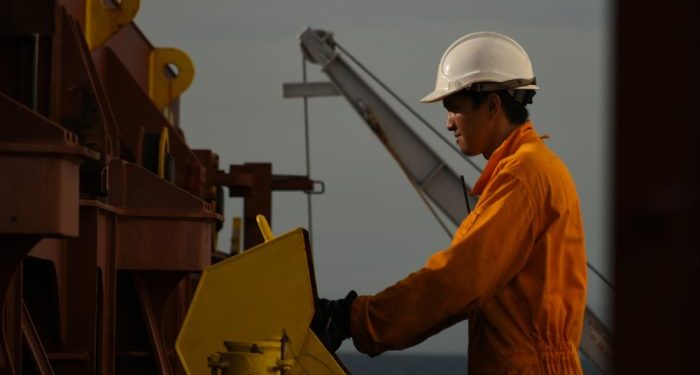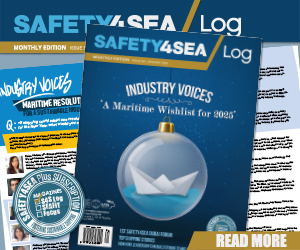As the maritime industry is transforming, seafarers are required to develop key domain, digital, and soft skills to adapt to rapid technological and industry changes.
The Singapore Maritime Foundation (SMF) released a report last year from the Tripartite Advisory Panel (TAP) on the Future-ready Maritime Workforce, which outlines the essential skills maritime professionals will need to effectively navigate the future. The TAP introduced three skills categories: domain skills, digital skills, and soft skills to reflect the importance of such skills as we prepare for industry transformation.
Across these categories, there are (i) enduring skills that the maritime workforce should continually develop and deepen, and (ii) emerging skills that should be built to adapt to rapid technological, societal, or industry changes.
- Soft Skills: These enable adaptability, management of complex problems, and improved interpersonal dynamics.
- Digital Skills: Skills required to understand, use, and apply technology to access, analyse, and manage information.
- Domain Skills: A specialised set of skills, knowledge, abilities, and expertise required in a particular field of work.
Enduring Skills: Fundamental skills required by maritime professionals that should be continually developed and deepened.
Emerging Skills: In-demand or new skills that are gaining significance resulting from new industry, societal, or technological changes.
In this context, there is a need for sea-going professionals to build on enduring domain skills and extend them to emerging skills to respond to the digitalisation and decarbonisation of shipping. Proficiency in managing complexity and uncertainty, and leading multidisciplinary teams—essential soft skills in this dynamic environment—will ensure sea-going professionals’ adaptability and progression in their careers, including to shore-based opportunities.
Soft skills, supporting future leadership capability, will be ever more critical in navigating a world of increasing sophistication, complexity, uncertainty, and constant change. Traditionally, these skills had less focus in the recruitment and development of seafarers and their transition to shore-based careers.

Furthermore, the publication highlights that fostering a lifelong learning mindset is essential for the maritime workforce’s future readiness, requiring a reimagination of education and training. Training providers should incorporate training elements into the redesigned curriculum for maritime-related qualifications.
These elements may include practical internships and short stints at sea, preparing students for a maritime career, whether they choose a sea-going or shore-based route. Students entering the maritime workforce must build on their school-acquired skills and remain updated on industry developments and emerging skills.
































































